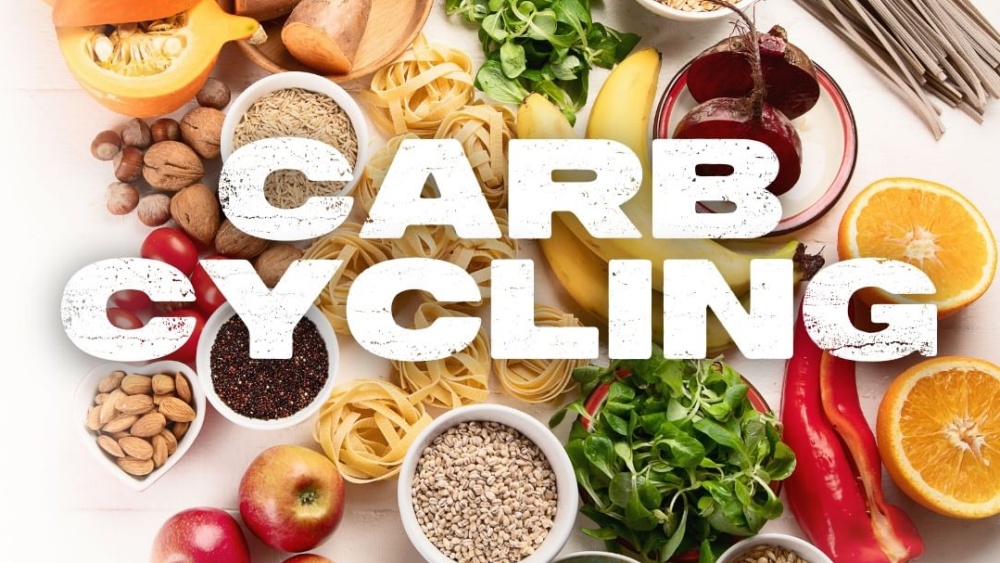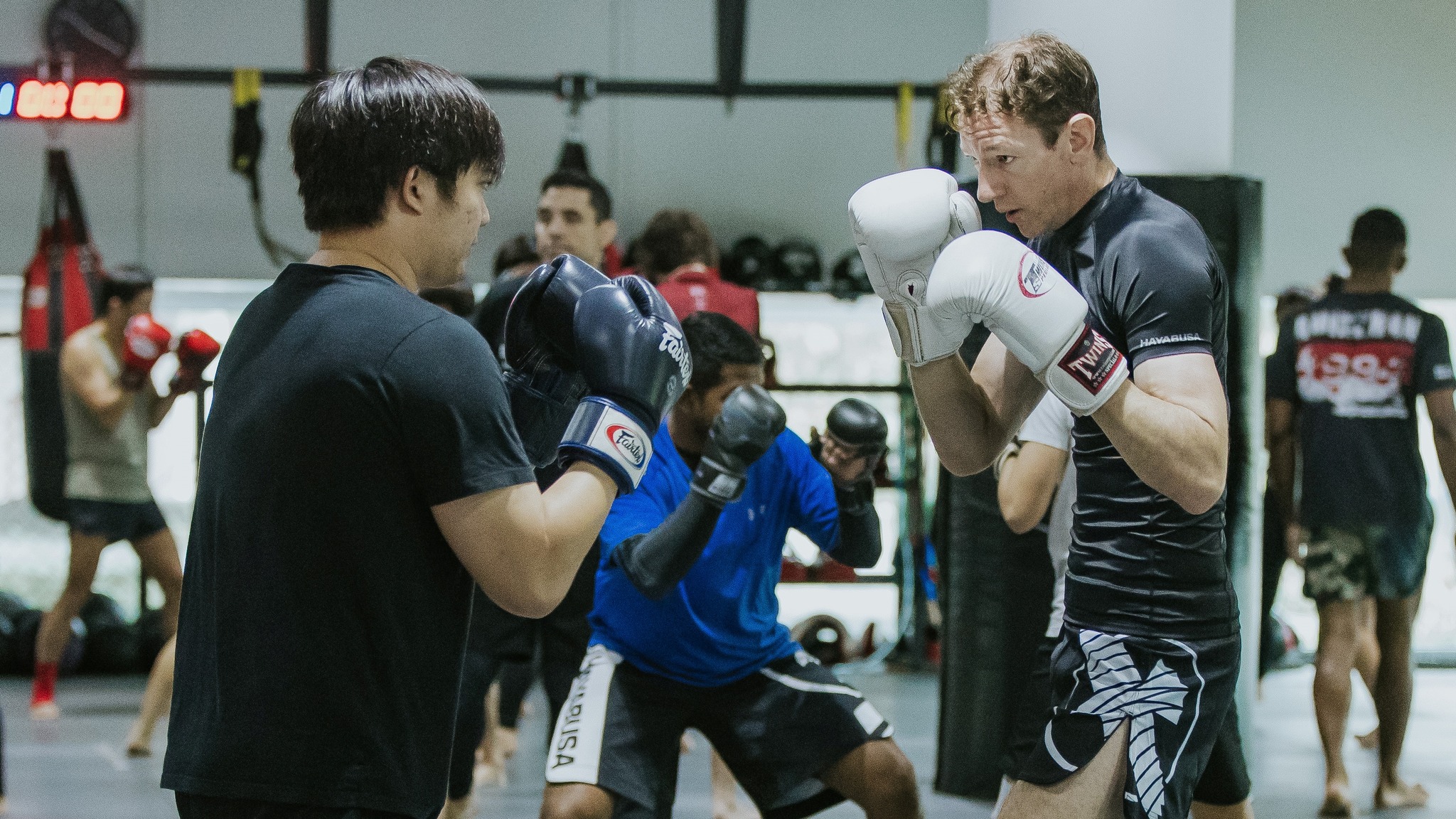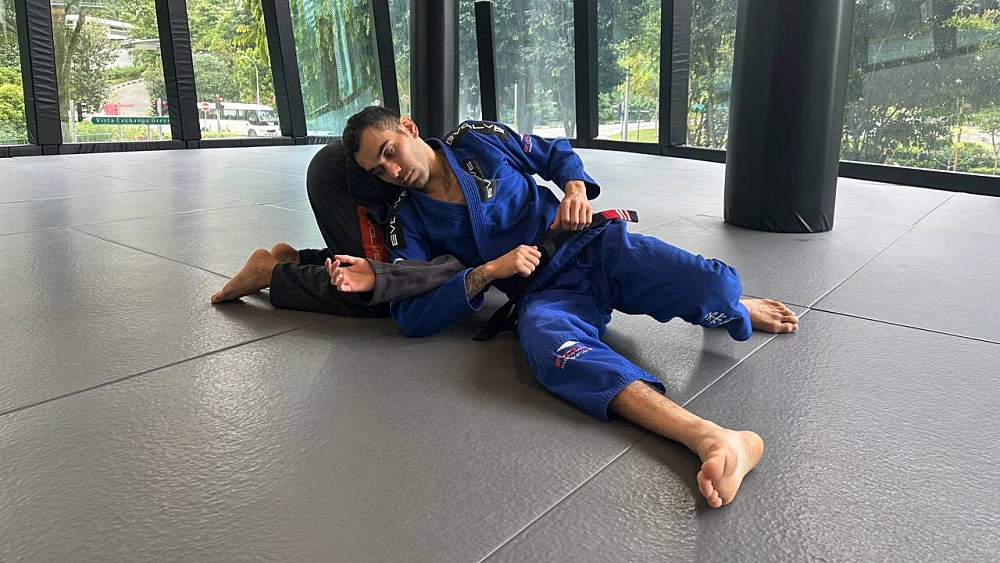It’s perfectly normal to notice changes to your cognitive sharpness as you age. You might notice yourself struggling to think of the right word to say during conversations, misplacing things more often and or even forgetting what you’ve learned in a recent martial arts class.
Fortunately, there are simple steps you can take to help preserve important brain function as your brain shrinks in volume and your nerve cells’ ability to communicate with each other declines due to the aging process.
Seven Things That Help To Slow Down Cognitive Sharpness Due To Aging
Let’s dive into some of the simple things you can do to protect your brain health and minimize the effects caused by aging:
1) Avoid Excessive Quantities Of Alcohol And Smoking
This is right on top of our list since these two things are terrible for your brain and overall health. The Alzheimer’s Association lists smoking and excessive drinking as significant risk factors for dementia. If you smoke, you should seriously consider quitting since it’s also associated with other issues like lung cancer, diabetes, and lung disease.
Drinking in moderation means not consuming more than two drinks daily if you’re a man and less than a drink a day if you’re a woman. A drink is about 5 ounces of wine, 1.5 ounces of liquor, or 12 ounces of beer.
2) Stay On Top Of Your Blood Pressure And Cholesterol Levels
High blood pressure and high cholesterol are linked to an increased risk of strokes and heart disease. Both are risk factors for memory loss and some types of dementia. On the other hand, healthy blood pressure, blood sugar, and cholesterol make it easier to maintain a healthier weight, which is linked to improved cognitive function.
See a doctor regularly to check your blood pressure, cholesterol, and blood sugar level and take steps to lower them if they’re high. Generally speaking, the healthier you are, the more likely you’ll be able to preserve cognitive function as you age.
3) Exercise Often
Physical activity helps maintain blood flow to the brain and lowers your risk of developing health issues like high blood pressure, high blood sugar, or high cholesterol levels, which are associated with dementia.
A 2000 study revealed that promoting active lifestyles in older adults could delay about a third of global dementia cases. Talk to a doctor to ensure you’re healthy enough to engage in strenuous physical activity if you haven’t worked out in a while.
Once you’re all clear, stick to activities you enjoy and are comfortable doing and slowly build up the duration and intensity of your workouts. Some of the activities you should consider when transitioning to a more active lifestyle include:
- Martial Arts Classes: Martial arts are an excellent option for anyone looking to be more active. You’ll have lots of fun while you’re there, and you’ll also get full-body workouts. Martial arts like Brazilian Jiu-Jitsu, Boxing, and Muay Thai can burn up to 1,000 calories every hour spent in the dojo, making it easier to manage your weight. Martial arts classes involve performing complex movements with your entire body, helping to preserve cognitive and motor function. They also improve your cardiovascular health by giving you a good mix of aerobic and anaerobic exercise.
- Dance Classes: Dance classes are another fun way to get your heart pumping and sweat flowing. You also burn lots of calories when dancing your backside off. Find a style of dance you enjoy and attend classes regularly. Besides the health benefits you get from dancing, like improved cardiovascular health and cognition, you also get to learn new dance moves you can impress your friends or significant other with.
- Swimming: Here’s a low-impact exercise that burns more calories than activities like running and jogging, which put more stress on your body. It’s a great way to improve your cardiovascular endurance.
4) Keep Your Brain Stimulating
Engaging in activities that engage your brain helps to preserve your cognitive function. Stimulating your brain regularly can even help to improve brain function if you’ve already developed a brain disease like Alzheimer’s. It might be a mentally stimulating job that forces you to problem-solve often or learn new skills. Just find things to do that force you to use your brain. Even activities like martial arts or dance classes keep your brain stimulated since you’re always learning new things.
You can also keep your brain stimulated by playing memory or brain games to keep your brain stimulated. These games don’t necessarily cancel out brain changes aging causes, but they help to train and test your memory. They can also be fun social activities.
5) Keeping A Healthy Diet
The things you eat and drink impact how well you remember things and think. Foods that contain nutrients like omega-3 fatty acids, vitamin E, and B vitamins are linked to improved brain function. On the other hand, consuming foods high in saturated fats can adversely impact brain function and memory.
The optimal diet for brain function consists of seafood, vegetables, and fresh fruits. Dietary plans like the Dietary Approaches to Stop Hypertension (DASH) diet and Mediterranean diets that focus on fresh fruits, whole grains, lean meats, and green leafy vegetables help to preserve cognitive function and overall health.
There’s also a newer dietary guideline called the Mediterranean-DASH Intervention for Neurodegenerative Delay (MIND) diet that’s designed specifically for your brain health. It includes foods that promote proper cognitive function, like fish, poultry, whole grains, legumes, vegetables, nuts, and healthy oils, while restricting unhealthy food groups such as sweets, pastries, cheese, margarine, butter, and red meat.
6) Have More Sex
Yep, being sexually active helps to keep your brain sharp. Weekly sexual activity is associated with improved brain function in people between the ages of 50 to 83. Sex leads to the release of chemicals in the brain that enhances cognitive function.
7) Socialize Often
Spending time chatting with friends or making new friends is actually good for your brain. A 2021 study examining seniors in Japan revealed that participants who took time to socialize consistently had a lower risk of dementia than those with limited social lives.
Group activities like martial arts, dance, or cardio kickboxing classes are great ways to get quality exercise that also gives you a chance to interact with people from all walks of life. These are great ways to make friends at any age.
You may also like:


















